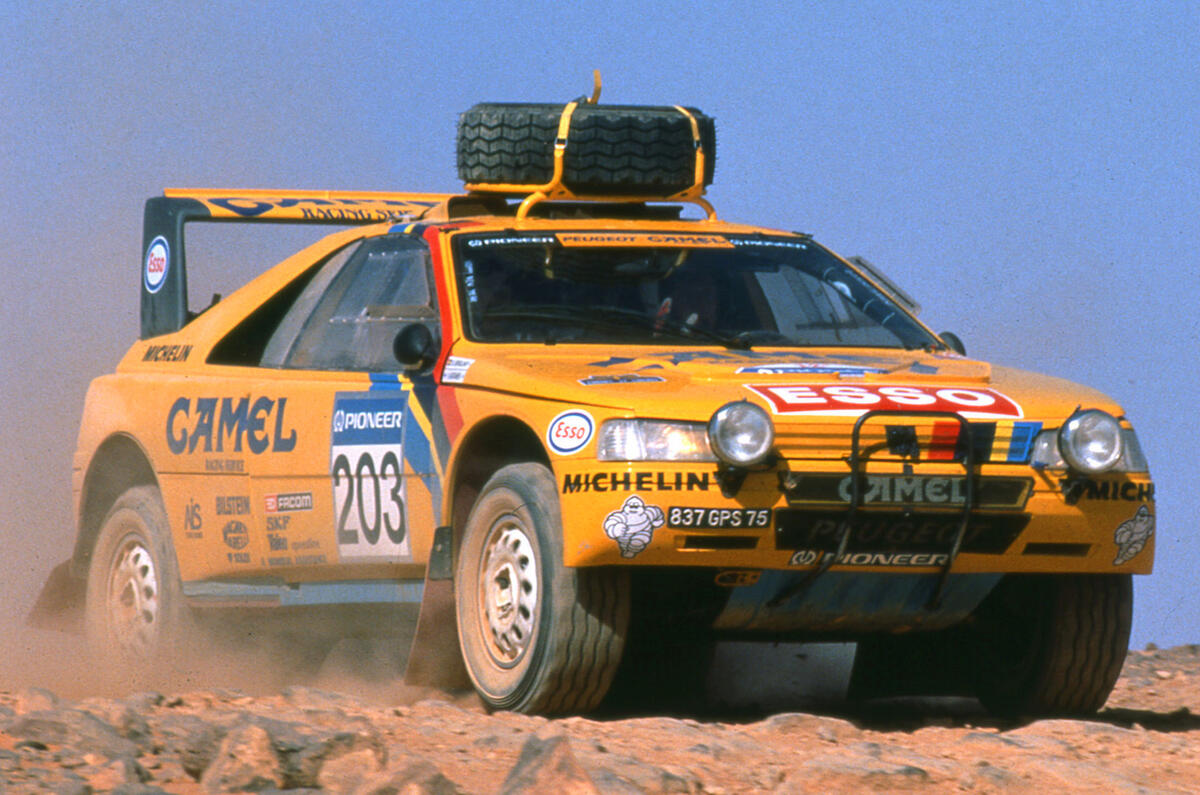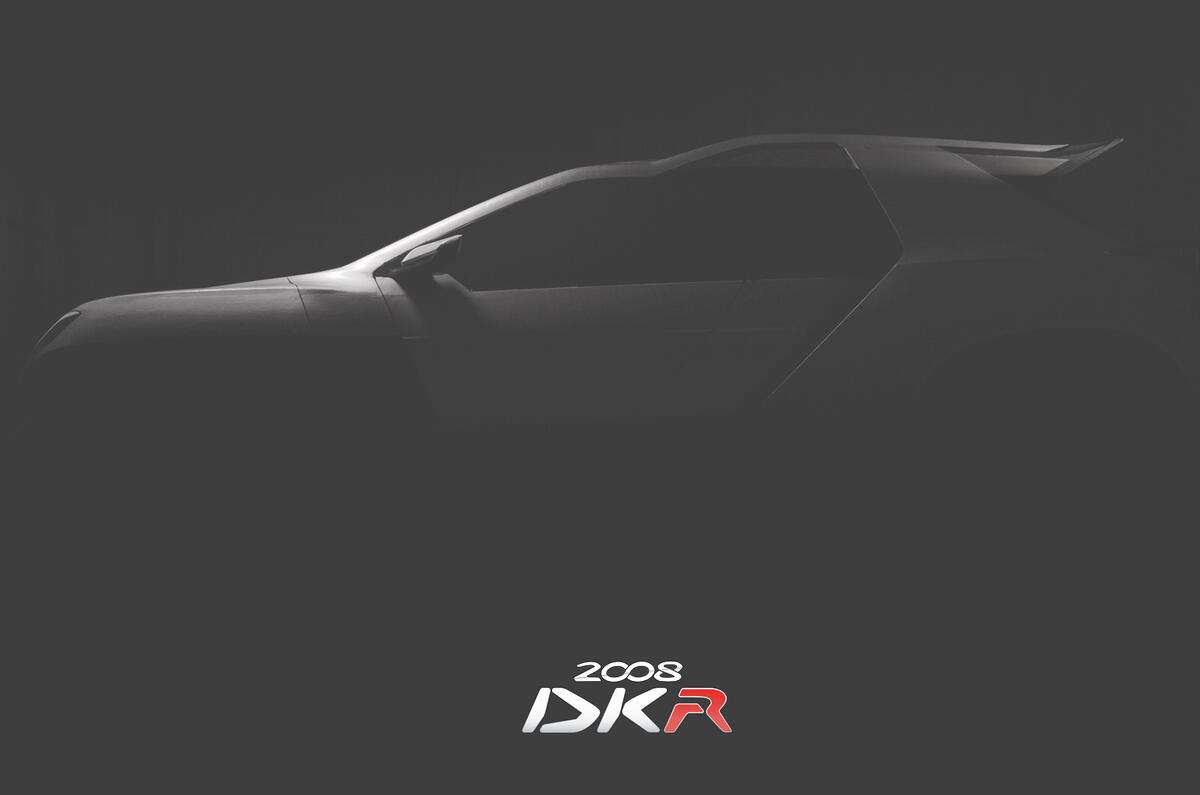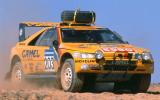Motorsport might be dominated by season-long championships, but there are still some one-off events that have the power to transcend the sport. And succeeding in those events can provide an amazing return for manufacturers at very limited cost.
Last year Peugeot tackled the historic Pikes Peak International Hillclimb, and truly reaped the rewards of it. With Red Bull backing, the French firm crammed some of the internals of its old Le Mans prototype into the bodyshell of a 208 rally car and stuck in a 3.2-litre sportscar engine. The weird creation was an 875bhp beast, designed to take part in just one event. Oh, and then Peugeot borrowed nine-time world rally champion Sebastien Loeb from Citroen to drive it.
Peugeot flew the 208 T16 Pikes Peak and Loeb to Colorodo, sent them off up the 156 turn, 12.42 mile course, and watched the pairing smash the course record. Loeb’s time of 8m 13.878s was more than 90 seconds faster than the previous hill record. It was astonishing: the on-board video remains spellbinding viewing.
I don’t know exactly how much Peugeot spent on the Pikes Peak programme, but it was undoubtedly worth it: in less than nine minutes, and for a fraction of the cost of a Formula One programme, Peugeot basked in an incredible amount of coverage.
But with Pikes Peak conquered, what next? Well, for next year Peugeot is looking to another classic one-off motorsport event: the Dakar Rally. When Group B rally cars were banned, Peugeot switched its fearsome 205 T16 – and later the mighty 405 T16 – to the African desert endurance event. The marque took four wins in a row from 1987 until 1990.
The Dakar doesn’t actually run anywhere near Dakar any more – following a terrorism scare it has moved to South America – but it remains an incredible challenge, covering more than 6000 miles of rough stages over two weeks.
The Dakar name still resonates: any car that wins such an event will have proven its mettle. That’s why it’s no surprise Peugeot is planning to run a souped-up version of the new 2008 Crossover. If a mini-SUV can conquer the Dakar, it can cope with anything.
Peugeot is clearly taking this seriously, recruiting former World Rally champion Carlos Sainz and Dakar bike convert Cyril Despres. That’s great: the Dakar is an event that doesn’t need big names or manufacturers to ‘sell’ itself, but having them on board adds to the legacy of the event.
Peugeot’s return to Pikes Peak resulted in an explosion of publicity for the brand and the event. The Dakar is a very different challenge, but it’s great to see a major manufacturer ignoring more obvious categories and supporting a truly historic event.











Join the debate
Add your comment
Return on Investment?
It is these two cars that speak to why Peugeot is coming back. While the race may not shift much metal in Europe it certainly is seen as something worthy to the Chinese and a good showing will be a shot in the arm and that would mean having to beat BMW/Mini which would also do well for morale and bragging rights.